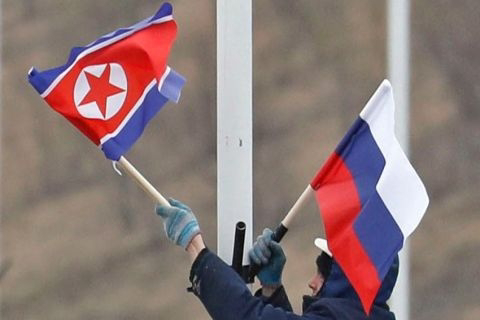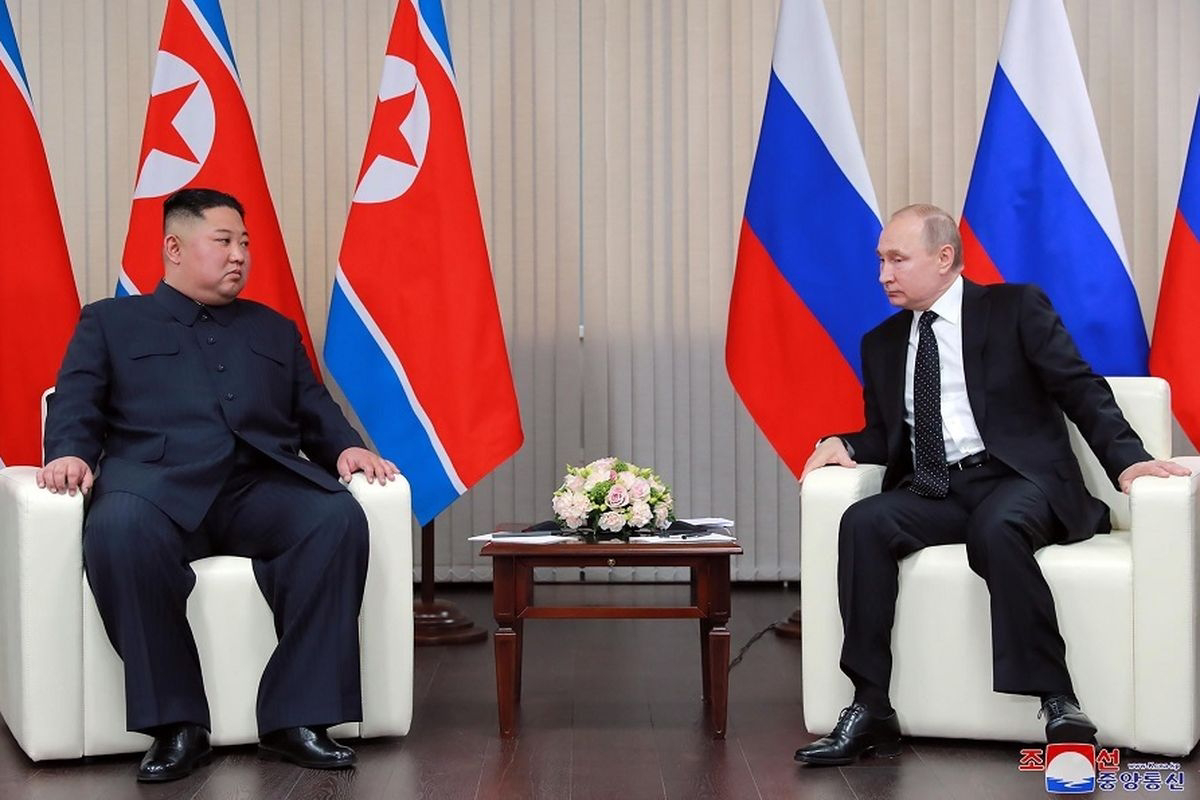North Korean and Russian Leaders Plan to Meet to Discuss Weapons
In a surprising turn of events, North Korean leader Kim Jong-un and Russian President Vladimir Putin have announced plans to meet to discuss matters of utmost importance – weapons. The meeting, which is set to take place in the coming weeks, has sparked global interest and concern. In this article, we will delve into the significance of this meeting, the potential outcomes, and the implications it may have on the already complex geopolitical landscape.
A History of North Korean-Russian Relations
The relationship between North Korea and Russia dates back to the Cold War era when both countries were allies of the Soviet Union. However, in recent decades, their ties have remained relatively low-key, with North Korea primarily relying on its relations with China and South Korea. This sudden announcement of a high-level meeting between the two nations marks a shift in their diplomatic engagement.
The Weapons Discussion
 |
| Vladimir Putin and kim Jong Un (the weapons discussion) |
While the official agenda for the meeting has not been disclosed, the emphasis on "weapons" has raised eyebrows and stirred speculation. It is essential to understand the broader context of weapons-related concerns that surround North Korea.
North Korea has long been a focal point of international scrutiny due to its nuclear weapons program. Despite multiple rounds of sanctions and diplomatic efforts, the nation has continued its pursuit of nuclear capabilities, conducting nuclear tests and missile launches that have triggered global security concerns.
Russia, on the other hand, has also faced scrutiny for its weapons-related activities, including allegations of interfering in foreign elections, its annexation of Crimea, and its involvement in conflicts in Ukraine and Syria. These actions have strained Russia's relations with Western nations, leading to sanctions and diplomatic isolation.
The Implications
The North Korean-Russian meeting to discuss weapons carries significant implications for regional and global security:
 |
| Russian Federation: map |
1. Geopolitical Balance: This meeting could be seen as a signal of North Korea's desire to diversify its diplomatic options and potentially seek support from Russia. It might serve as a counterbalance to North Korea's historic reliance on China.
2. Nuclear Concerns: Given North Korea's nuclear ambitions, any discussion about weapons could raise concerns about the proliferation of nuclear technology and the potential for Russia to provide support or influence North Korea's stance on nuclear disarmament.
3. International Sanctions: If Russia were to provide North Korea with any form of economic or military assistance, it could trigger concerns about potential violations of international sanctions imposed on North Korea. Such actions could strain Russia's relations with the United States and its allies.
4. Regional Stability: The meeting could have implications for regional stability, especially in Northeast Asia. Neighboring countries like South Korea and Japan will closely monitor the outcome, as any changes in North Korea's foreign policy could impact their security.
Conclusion
The upcoming meeting between Kim Jong-un and Vladimir Putin to discuss weapons is a development that demands careful observation. The specific details of the agenda and the outcomes remain uncertain, but it is clear that this meeting has the potential to reshape regional dynamics and global security concerns. The international community will be watching closely to see how this diplomatic engagement unfolds and whether it leads to any significant changes in North Korea's approach to weapons and its relations with Russia and the wider world.



Comments
Post a Comment
More Articles